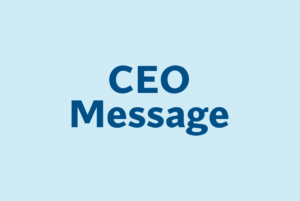In a recent conversation with a California hospital CEO that touched on any number of the headwinds facing hospitals in the years to come, he offered this assessment of the current state of affairs: “The world just isn’t working the way it’s supposed to.”
At first consideration, that can seem disheartening. Where to even begin when the whole world feels like it needs to be unplugged and plugged back in again?
But after some time to reflect, his remarks are actually quite inspiring, much like the old riddle: “How do you eat an elephant?”
The answer, of course: “One bite at a time.”
Great challenges call for great action, and they inspire all of us to reach deep within ourselves to find a way through the walls. We must do this, because people’s lives depend on it.
So, with an elephant sitting before us, now is the time for health care’s full forces to muster, to begin attacking its most pressing problem: our depleted, and in many cases depressed, workforce.
From Ken Kaufman’s blog earlier this month: “Between May and September of this year, 20 million Americans voluntarily left their jobs, in what has been called The Great Resignation. That number has risen each month, culminating—so far—with 4.4 million resignations in September, or 3% of the total workforce. Over that five-month period, 2.6 million of those resignations came in what the Bureau of Labor Statistics calls the ‘healthcare and social assistance’ category … resignations were higher in fields where employees were most susceptible to burnout from ‘extreme increases in demand due to the pandemic.’”
At its core, health care is about people taking care of people. When there aren’t enough people to care, the center cannot hold, and things fall apart. That’s why rebuilding California’s health care workforce is CHA’s top priority in the coming year, and why we will be digging deeper and thinking more creatively than ever about how to replenish ranks at hospitals.
In this mission-critical work, traditional adversaries must become close partners, parochial interests must give way to the greater good, and political spats must take a back seat to pragmatism.
In the coming months, we will ask all of you to also dig deep and think hard about the long-term good that we may be able to achieve together in 2022. We are presented with an opportunity unlike any before in our lifetimes — to not only reset California health care, but to mold it into something even better and stronger for future generations.

